Fossil Fuel
New Report Reveals Global Coal Power Capacity is Shrinking
The global coal power capacity is in a decline. While some Asian countries still plan for the construction of new coal capacity, most are starting to realise that fossil fuels are a dead end.
Asia’s Race to Net-Zero by 2030
Achieving net-zero is the world's top priority. So far, Asia lags behind in its effort to go carbon-neutral. Renewable energy is the key.
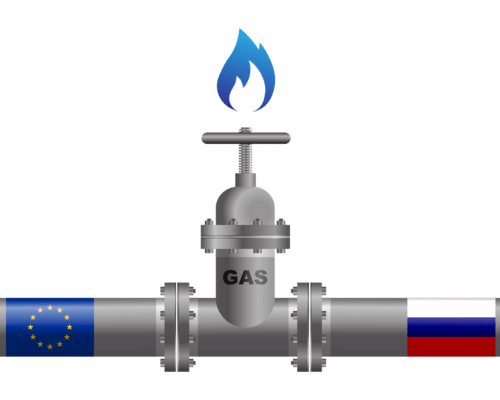
Europe’s Energy Crisis 2022: Lessons for Asia
Asia is in the unique position to witness the pitfalls of poor energy strategy and how much it costs. If it proceeds to repeat Europe’s mistakes, then Asia has no one else to blame but itself.

The Philippines’ Presidential Candidates 2022 Should Pursue Renewables and Halt LNG
Halting LNG expansion plans may be against the dominant trend in Southeast Asia, but the Philippines' presidential candidates must make the tough decisions if the country wants to mitigate its finance, energy dependence, stranded asset and climate risks.
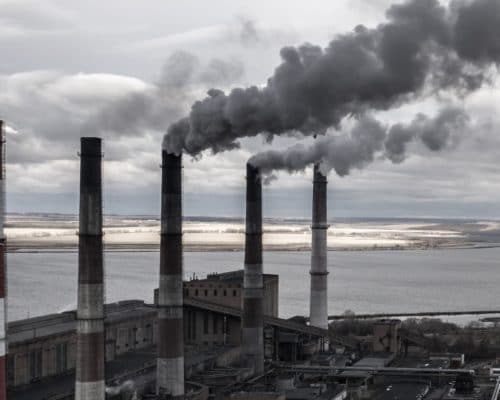
Japan’s Coal Obsession
Japan is one of the largest fossil fuel advocates. Its unwillingness to abandon fossil fuels is costly for all of Asia and the globe.

China’s Coal Imports Drop and the Imminent Effect on Coal Exporters
China's latest decision to reduce coal imports has shocked countries like Australia. Yet, aside from the challenges there are opportunities.
Debunking Net-Zero in Asia: Is It Even Possible?
Net-zero by 2050 in Asia is the desirable scenario, but, judging by the current progress,...
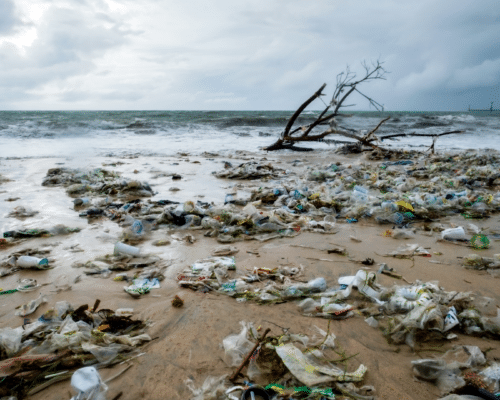
Plastic Pollution: Big Brands’ Greenwashing of Plastic Waste
A Reuters study suggests that less than 10% of all the plastic ever made has been recycled due to how costly it is to collect and sort it. However, plastic production will double within 20 years. While the problem comes from a single source, the consequences affect everyone.

The ARE Banking Report – How the Banks That Have Financed Emissions Can Change
Climate change will hit Asia the hardest, so local banks should act with urgency. However, Asian banks are lacking when it comes to their decision-making and sustainability policies.
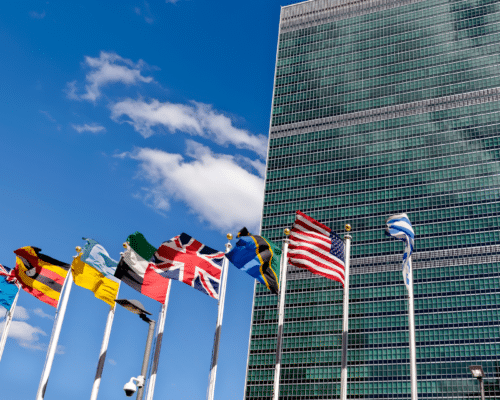
HLEG: The New UN Net-Zero Group Creating Standards
The UN's new net-zero group, HLEG, will hopefully provide needed regulation for climate pledges. With a significant increase in companies pledging environmental reform there claims need an oversight body to verify action, rather than relying on self-reporting.

Carbon Neutral vs Net Zero: What’s the Difference?
It is essential for companies to properly use the terms "net-zero" and "carbon-neutral" when communicating terms. What is even more important, however, is to follow up on their commitments.
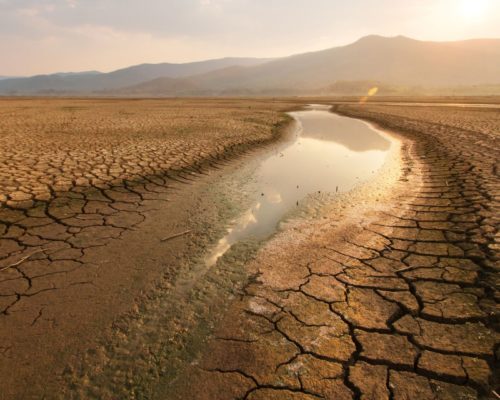
Reputational Risk for Companies with Poor Quality Net-Zero Commitments
More companies are committing net-zero pledges, but not all are equal. Researchers have found that there is a fine line between realistic climate targets and greenwashing. As a result, consumers, governments, and business competitors are now pinpointing greenwashing claims.

The Environmental Impact of the Fashion Industry and the Need for Change
The fashion industry is the third-largest manufacturing sector in the world and fourth most emitting industry after energy, transport, and food. Ignoring its environmental impact will be costly.

Net-Zero Companies: Vague Pledges Lead to Greenwashing
There is growing demand for companies to focus on their climate impacts. Many businesses are vocalising their climate pledges and net-zero goals. Yet, a lack of oversight and verification allows some of them to slip through the cracks - committing to public goals but failing to act on them.
Most Popular
Categories
-
10
-
34
-
126
-
4
-
17
-
46
-
52
-
11
-
10
-
15
-
24
-
6
-
1
-
5
-
6
-
283
-
200
-
17
-
24
-
1
-
1
-
23
-
41
-
44
-
88
-
18
-
86
-
41
-
17
-
11
-
43
-
54
-
86
-
299
-
22
-
44
-
36
-
11
-
42
-
36

